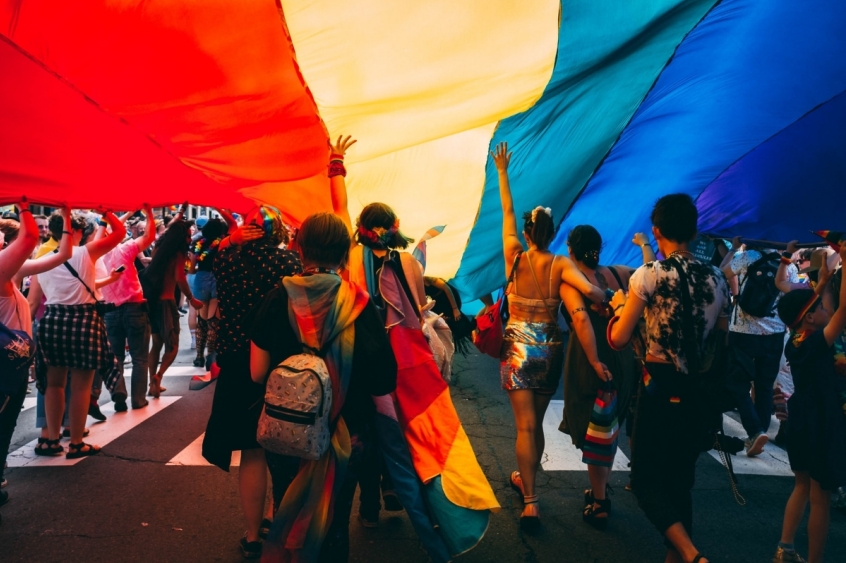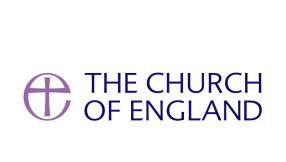
(CP) One in four high school students in the United States identify as homosexual, bisexual or are questioning their sexuality, according to the Centers for Disease Control and Prevention.
The latest edition of the CDC's Youth Risk Behavior Surveillance System found that 74.2% of high school students claimed to be exclusively attracted to the opposite sex in 2021.
Of the remaining participants, 11.9% identified as bisexual, 3.2% as gay or lesbian and 9% as "other/questioning." The survey examines the responses of 17,232 students collected in 2021.
"The percentage of students with a sexual identity other than heterosexual has increased steadily, from 11% in 2015 to 26% in 2021," the CDC added. "Increases in the percentage of LGBQ+ students in YRBSS 2021 might be a result of changes in question wording to include students identifying as questioning, 'I am not sure about my sexual identity (questioning),' or other, 'I describe my sexual identity in some other way.'"
Data compiled by Gallup, released in February, showed that the share of the American population identifying as LGBT had doubled over the past decade, driven by a large share of Generation Z categorizing themselves as something "other" than heterosexual. The survey examined Americans' self-identification with the LGBT community based on responses from 10,736 adults in the U.S. collected in 2022.
Gen Zers, classified as adults born between 1997 and 2004, have a much larger share of their population identifying as LGBT compared to their older counterparts. Nearly one in five (19.7%) members of Gen Zers consider themselves part of the LGBT community. By contrast, just 11.3% of millennials identify as members of the LGBT community, followed by 3.3% of members of Generation X, 2.7% of baby boomers and 1.7% of the silent generation.
Generation X consists of Americans born between 1965 and 1980, baby boomers are those born between 1946 and 1964, and the silent generation comprises Americans born before 1946.
Among the LGBT-identified members of Gen Z, 13.1% identify as bisexual, 3.4% describe themselves as gay, 2.2% consider themselves lesbians, 1.9% categorize themselves as trans-identified, while 1.5% select the "other LGBT" category when asked about their sexual orientation.
Overall, the share of Americans who identify as LGBT reached a record high of 7.2% in 2022, a slight increase from the 7.1% measured in 2021, and the 5.6% measured in 2020. In 2012, the first year Gallup collected data on LGBT identification, just 3.5% of Americans embraced the label.
Similarly, "Gen Z Post Election Research" polls conducted by the Walton Family Foundation and Murmuration in conjunction with SocialSphere and released in February found that Gen Zers were much more likely than older generations to identify as either gay, lesbian, bisexual, transgender or some other form of queer.
Only 75% of Gen Z respondents called themselves "heterosexual or straight," an identification embraced by 92% of older adults. Nine percent of Gen Z respondents considered themselves bisexual, as did 3% of adults aged 26 and older. The survey measured the share of gay respondents at 2% among Gen Z and 1% among all other adults. The percentage of respondents who identified as lesbians came in at 1% among Gen Z respondents and less than 1% among older adults.
A noticeably higher share of Gen Z respondents reported having an "other queer identity" (4%) and categorized themselves as "transgender or non-binary" (4%), while less than 1% of adults 26 placed themselves into each category.
© The Christian Post













